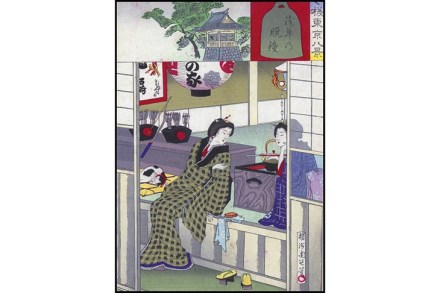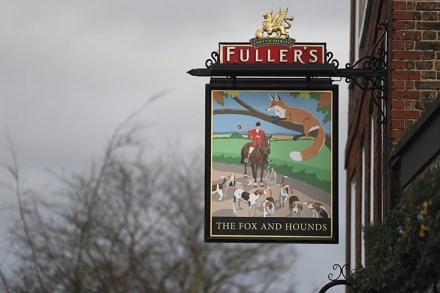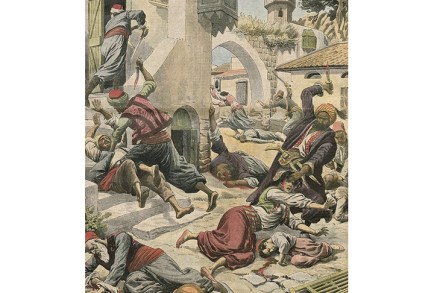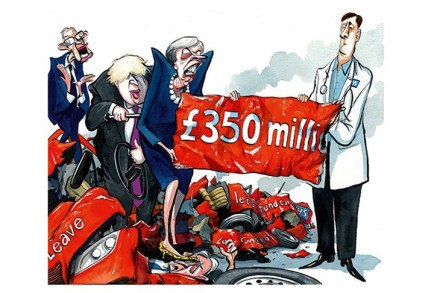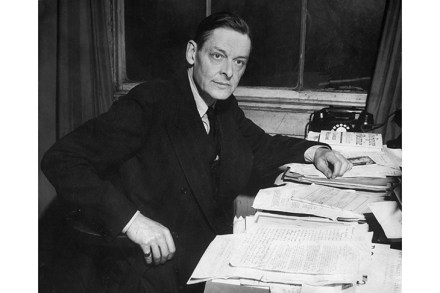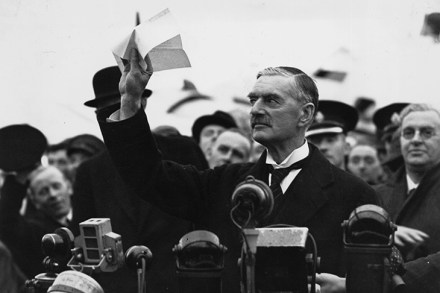With these documentaries, the BBC has lost any claim to impartiality
Because the rise of the Nazis is a topic so rarely mentioned these days, least of all in schools, the BBC has produced a helpful three-part explainer of that title (BBC2, Mondays) showing why the story of Hitler is even more relevant today than it was in the 1930s. Back in the day, the BBC might have been content to strive for an objective take on the subject, perhaps with a voiceover by Samuel West and lots of period footage. But the danger of that approach, the BBC has since realised, is that it runs the risk of viewers making up their own minds what to think. Some of them






